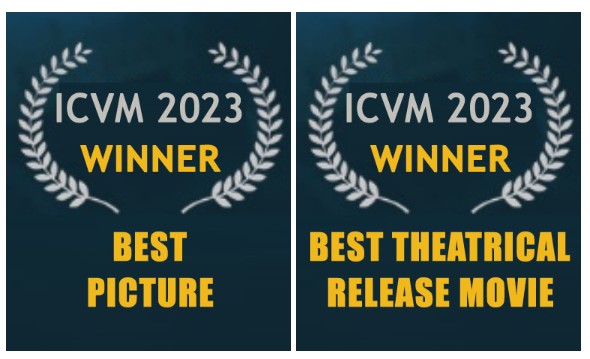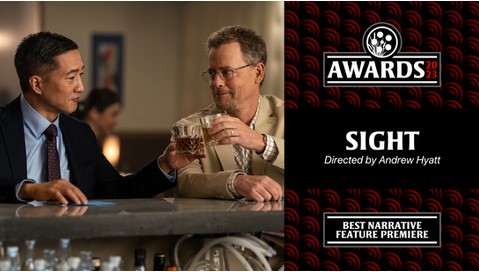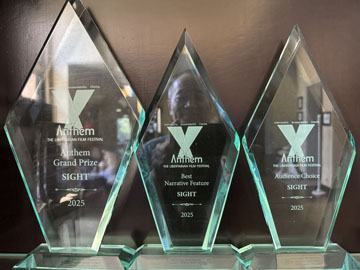By Dr. Ming Wang, MD, PhD, 05 NOVEMBER 2020
Our nation is polarized on many important issues, including race relations.
The best way to resolve gridlocks is to find common ground.
Common ground is the cornerstone to resolving human conflicts. More than simply a compromise, it is a new area of shared interest discovered through a collaborative common ground-seeking process, generating a vision that is greater than any of our own.
How do we find common ground?
I have co-founded the 501c(3) non-profit organization the Common Ground Network with Dr. Rice Broocks, and we have formulated a methodology called STEPS to help people find common ground with others: Start, Trade Places, Empathy, Partnership, and Seek common ground.
Start: What motivates me to find common ground, and why do I care about doing so?
Trade places: Look at an issue from my opponent’s perspective and speak in the language of the listener. As Jonathan Haidt pointed out in his book, The Righteous Mind, we all have an innate biased value system and blind spots that cause us to see the world through tinted glasses.
Empathy: Understand and share the feelings of others. The SALT principle, advocated by Dr. Broocks, is very useful: Start a conversation, Ask a question, Listen, and then Talk. We need to have a civil and respectful dialog by separating position from person, policy from value, and be willing to examine the basis and validity of our own narrative by asking ourselves, “Is there a chance I could be wrong?” And if so, “Why do I think I might be wrong?”
Partnership: Have a partner who shares my passion and works together with me.
Seek common ground: This is the final, call-for-action step which includes: Have the vision, see the need, take the lead, face the facts and don’t lose heart. Even if we can only find a small amount of common ground, it still could have a significant and transformative effect overall.
These five common ground-seeking STEPS have been inspired by the life of Christ Himself, who truly exemplified these principles. They will enable us to build bridges, break down barriers, understand each other better, and be closer to the truth.
We all have limited life experience, and therefore limited viewpoints. When we meet someone who has a different life experience, we will learn new things. In fact, we learn the most when we communicate with people who have views opposite our own!
As Thomas Crum pointed out in his book, The Magic of Conflict, finding common ground is a co-creative process which moves us from our own point of view to a joint viewing point, i.e., higher ground, so that we gain a broader perspective in the context of a bigger picture.
Winning does not mean someone else has to lose. Life should not be “you or me” but rather “you and me.” No matter what racial group one comes from, we all have a shared humanity, and we all will benefit from being partners rather than opponents on Spaceship Earth.
Through these genuine and productive STEPS of finding common ground, we will not only be able to identify solutions but also and even more importantly, be inspired to change and become better human beings who are more willing to work together with others.
Dr. Wang can be reached at This email address is being protected from spambots. You need JavaScript enabled to view it., www.drmingwang.com, www.commonground.network.
Ming Wang, Harvard & MIT (MD, magna cum laude); PhD (laser physics)





